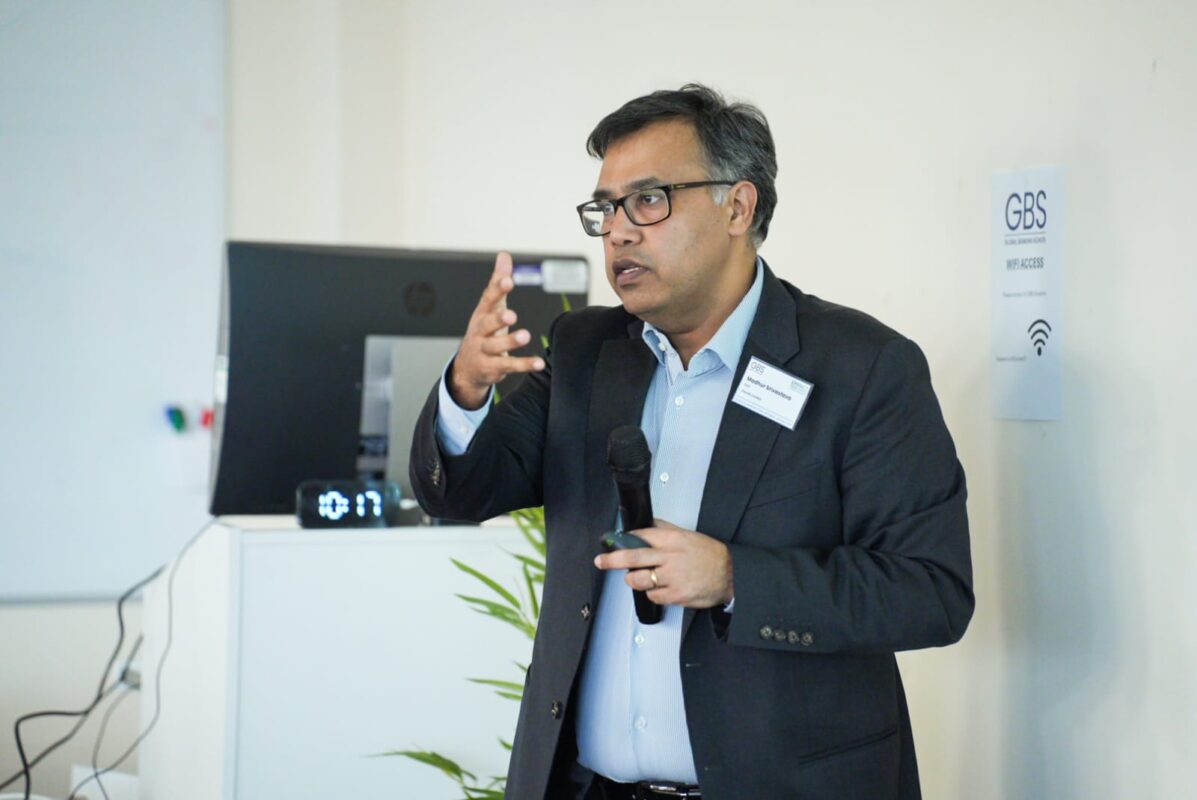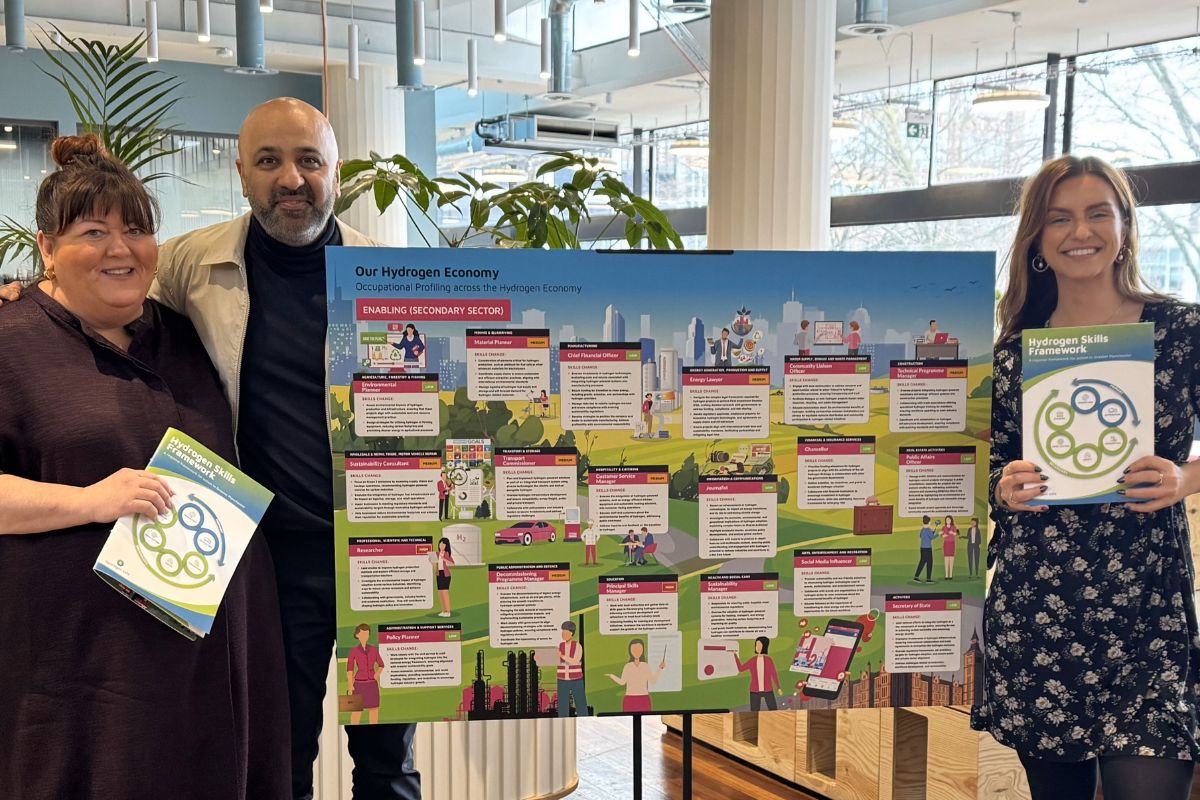NEET… “not enough employment and training?”

On 23rd May the Office for National Statistics published the latest estimate of young people aged 16 to 24 years who are not in education, employment or training – so-called NEETs.
It’s a worrying picture. In under two years, the percentage of 16 to 24-year-olds who are NEET has risen from 10.8% to 12.6%. Over the last year it has gone from about 812,000 (January to March 2023) to 900,000 (January to March 2024). Recent growth is entirely down to a substantial increase in the number of young men who are NEET, up by 99,000 to 506,000 (source: ONS).
Local authorities are starting to feel the squeeze, with the majority reporting an increase in NEETs. Rochdale in Greater Manchester is just one example. Their NEET 16 and 17 year olds have risen to the highest ever recorded. In April 2024 there were 287, plus another 105 on employability and support programmes, compared to just 161 in 2020.
900,000 young people
They may not be in the news, but NEETs are not an abstract problem. Behind the figures are young people, often with multiple (but not insurmountable) challenges.
Michael (not his real name) had SEND support at school in Rochdale. He suffered a significant bereavement in the summer after he left school in 2022, which has had an ongoing impact on his mental health. After school he progressed into a traineeship but struggled to find an apprenticeship and became NEET in February 2023. Michael struggled to communicate in interviews and his lack of success had impacted negatively on his confidence.
Working with a local authority-funded careers coach, Michael continued to build his confidence. He began exploring options and accessed mental health support. He is now re-engaged and working towards functional skills to help him with his ultimate goal of gaining an apprenticeship.
The apprenticeship and employability shortage
There is no certainty that Michael will get an apprenticeship. In 2015/16, 285,300 16-24 year olds began apprenticeships. That fell by about 38% to 176,500 in 2022/3. Intermediate and advanced apprenticeships, usually the most appropriate for those entering the workforce, fell nearly 54%, from 482,200 to 224,200 in the same period. Current year data suggests little change.
And, for those young people further away from the labour market, there has been a reduction in the number of employability programmes to help them get into work. Traineeships and the Kickstart schemes are no more. Study Programmes and T Level Transition Year programmes (from September 2024) will support some 16-18 year olds. Skills bootcamps at 19+ are very sector specific.
Meanwhile, we have a generation of young people, most of whom have had two years’ educational disruption because of Covid and sharp increases in mental health issues.
Whilst some NEET young people have more complex needs, in many cases the challenges are familiar ones. Low confidence, a lack of basic employability skills, little if any prior work experience, and unfamiliarity with job hunting and interview techniques.
What needs to happen?
As well as a need to unpick and address complex issues (e.g., the increase in young men who are NEET and the rise in mental health issues) there are some relatively simple actions that can happen now:
First, it’s time to re-engage small and medium-sized enterprises. SMEs account for three-fifths of employment and around half of turnover in the UK private sector. They employ 16.7 million people (61% of the total) (source: FSB). It works – Rebecca Jordan, Relationship Manager at Manchester-based FDM solicitors has recruited several paralegal apprentices with Damar Training. She describes the process as “smooth and productive”, proof that it is possible to hide the bureaucratic wiring.
Second, smaller employers need more carrots and fewer sticks. This could include modest additional funding to recognise the additional cost of recruiting and on-boarding a single apprentice compared to a cohort at a larger employer. Where there are gaps in provision, we should also have an increased focus on developing apprenticeships that are suitable for entry-level roles.
And finally, more pre-employment programmes with a focus on building confidence, employability skills, job searching and interview technique.
In Greater Manchester, local councils are working with the GM Combined Authority and the Greater Manchester Learning Provider Network to find funding and develop short employability programmes. This is a positive step, as is the Labour Party manifesto “youth guarantee of access to training, an apprenticeship, or support to find work for all 18- to 21-year-olds”.
By Jonathan Bourne, MD and co-owner at Damar Limited











Responses